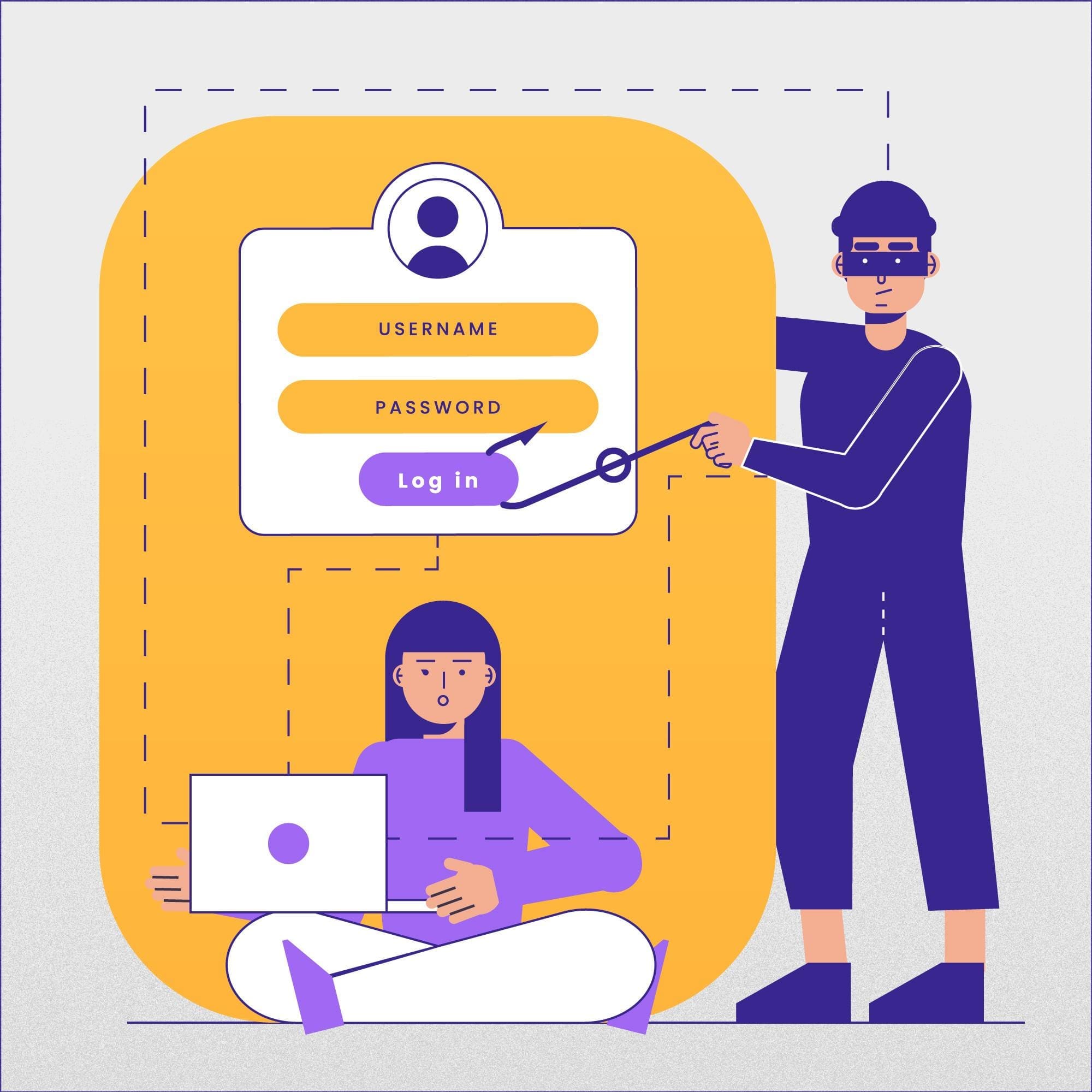As a property manager or short-term rental host, your utmost priority is to create an exceptional experience for your guests. However, amidst the excitement of running a successful rental business, there’s a lurking concern that no one likes to talk about – fraud by Airbnb guests. While most guests are genuine and trustworthy, it’s essential to be aware of the potential risks to safeguard your business and reputation.
In this article, we’ll explore ten types of fraud by Airbnb guests that you need to watch out for.
The Identity Impostors: Fake Guests and Stolen IDs
One of the most common types of fraud is when guests use fake identities or stolen IDs to book a rental property. This can be challenging to detect initially, but AI guest screening tools can be a great defense against identity impostors. By verifying guest identities through various data points, you can significantly reduce the risk of falling victim to this type of fraud.
The Elusive Scammers: Payment Scams
Payment scams or credit card frauds can take various forms, from using stolen credit cards to requesting a refund outside the Airbnb platform. Always process payments through the official channels provided by the platform, and be cautious of guests who attempt to negotiate payment methods. If a request seems fishy, reach out to Airbnb’s support for guidance.
The Sneaky Squatters: Unauthorized Occupancy
Imagine renting out your property to a seemingly friendly couple for a weekend getaway, only to find out they’ve invited a dozen of their friends over, turning your rental into a party hub. Unauthorized occupancy can lead to property damage, excessive wear and tear, and neighbor complaints. To prevent this, set clear guest limits in your rental agreement, and monitor the property during guests’ stay discreetly.
The Chargeback Conundrum: Fraudulent Disputes
Chargeback fraud is a headache for any property manager or host. Guests who engage in this type of fraud file chargebacks with their credit card companies, claiming they didn’t receive the services promised. To avoid falling victim to chargeback disputes, keep detailed records of communications, reservations, and any additional services provided. Transparency and excellent customer service can also help mitigate this issue.
The Artful Vandalism: Property Damage
While most guests treat rental properties with respect, some may engage in malicious acts of vandalism. To protect your property, consider installing security cameras in common areas, clearly outline rules regarding property care, and take photos of the property’s condition before and after guests’ stays.
The Phishing Ploy: Email and Account Scams

Phishing scams have become increasingly sophisticated, with fraudsters sending emails that appear to be from Airbnb, requesting sensitive information. Remind your guests never to share personal details through email and always to log in to their Airbnb account through the official website or app.
The Hidden Cameras: Privacy Invasion
Guests have the right to feel safe and secure during their stay, and hidden cameras can violate this trust. Avoid accusations of privacy invasion by being transparent about security measures in your property’s listing and ensuring any security cameras are only placed in common areas and not in private spaces like bedrooms or bathrooms.
The ‘Accidental’ Damage: Intentional Negligence
Some guests may try to pass off deliberate damage as accidental to avoid responsibility. Conduct a thorough inspection of the property before and after each guest’s stay, and document any damages or issues. Clear communication and a well-defined security deposit policy can deter guests from engaging in intentional negligence.
The Refund Ruse: False Complaints
Unfortunately, some guests may try to take advantage of the review system by making false complaints in an attempt to receive a refund or compensation. Respond to guest concerns promptly and professionally, and maintain open communication to address any issues that arise during their stay.
The Unauthorized Parties: Party-Hopping Guests
One of the most common nuisances for rental hosts is unauthorized parties. Clearly state in your listing the maximum number of guests allowed and prohibited parties without prior approval. Enforce this rule strictly, and consider using noise-monitoring devices to prevent excessive disturbances.
Safeguarding Your Rental Business from Airbnb Guest Frauds
Being aware of the various types of fraud by Airbnb guests is the first step in protecting your short-term rental business. While it’s essential to remain vigilant, it’s equally important not to let fear overshadow the joy of hosting guests. After all, the vast majority of guests are genuine, respectful individuals seeking a memorable travel experience.
By implementing preventive measures and utilizing AI guest screening, you can significantly reduce the likelihood of falling victim to fraudulent activities. These advanced screening tools are specifically designed to identify potential red flags, such as fake identities, questionable booking patterns, or guests with histories of problematic behavior.
Moreover, fostering open communication with your guests is crucial. Establishing a transparent and honest relationship can discourage fraudulent behavior and create an atmosphere of trust. Encourage guests to reach out to you if they have any concerns during their stay, and be prompt in addressing their needs. Responsive and attentive hosts are less likely to encounter guest disputes or fraudulent claims.
Additionally, staying up-to-date with the latest fraud trends and educating yourself on common scams will help you recognize warning signs early on. Property managers and hosts who actively engage with online forums and communities can share experiences and learn from others’ challenges, thus enhancing their ability to identify and thwart potential fraudsters.
Insurance coverage is another essential aspect of safeguarding your rental business. While it won’t prevent fraud entirely, having appropriate insurance can provide a safety net in case any unforeseen incidents occur. Check with your insurance provider to ensure that you have adequate coverage for various scenarios, including property damage, liability claims, and theft.
Featured Image by Peggy from Pixabay




